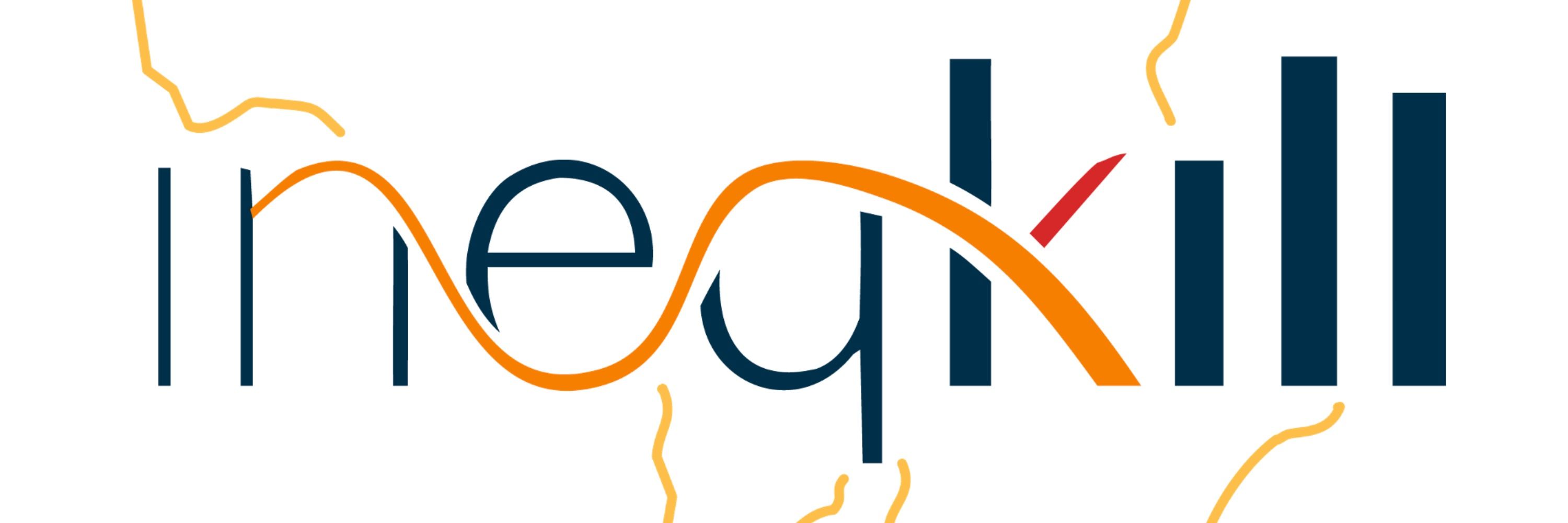
Population density is key for dementia.
www.ineqkill.be/how-do-spati...
#NeurologyResearch
#PublicHealth

Population density is key for dementia.
www.ineqkill.be/how-do-spati...
#NeurologyResearch
#PublicHealth
Perception can affect mortality risk.👀
Discover how in the new study by Joachim Gotinck & Sylvie Gadeyne:
doi.org/10.3390/ijer...
#Health
#Environment
#Perceptionmatters
Perception can affect mortality risk.👀
Discover how in the new study by Joachim Gotinck & Sylvie Gadeyne:
doi.org/10.3390/ijer...
#Health
#Environment
#Perceptionmatters
Higher-educated women show higher incidence but lower mortality.
Read all about it at pubmed.ncbi.nlm.nih.gov/39538280/

Higher-educated women show higher incidence but lower mortality.
Read all about it at pubmed.ncbi.nlm.nih.gov/39538280/
Discover how these studies illuminate health disparities and help understand public health challenges.
🔗 journals.openedition.org/eps/14303

Discover how these studies illuminate health disparities and help understand public health challenges.
🔗 journals.openedition.org/eps/14303
Our PhD candidates Lise Bevernaegie and Philippe Paeps presented their innovative research during the 'Health Inequalities in the Past: Social and Environmental Determinants' session. (1/5)
Our PhD candidates Lise Bevernaegie and Philippe Paeps presented their innovative research during the 'Health Inequalities in the Past: Social and Environmental Determinants' session. (1/5)
We’re pleased to share that two of our PhD students have successfully secured FWO fellowships! 🎉
Congratulations to Janna Dinneweth and @philippepaeps.bsky.social ! We look forward to seeing the impact of your research! 👏 #Ineqkill #FWO
We’re pleased to share that two of our PhD students have successfully secured FWO fellowships! 🎉
Congratulations to Janna Dinneweth and @philippepaeps.bsky.social ! We look forward to seeing the impact of your research! 👏 #Ineqkill #FWO
📅 Date: 4/10
🕒 Time: 14:00-16:00 CEST
Register now: greatleap.eu/event/online...
#Epidemiology #PublicHealth #Greatleap
📅 Date: 4/10
🕒 Time: 14:00-16:00 CEST
Register now: greatleap.eu/event/online...
#Epidemiology #PublicHealth #Greatleap

#HealthInequalities #HistMed

#HealthInequalities #HistMed

